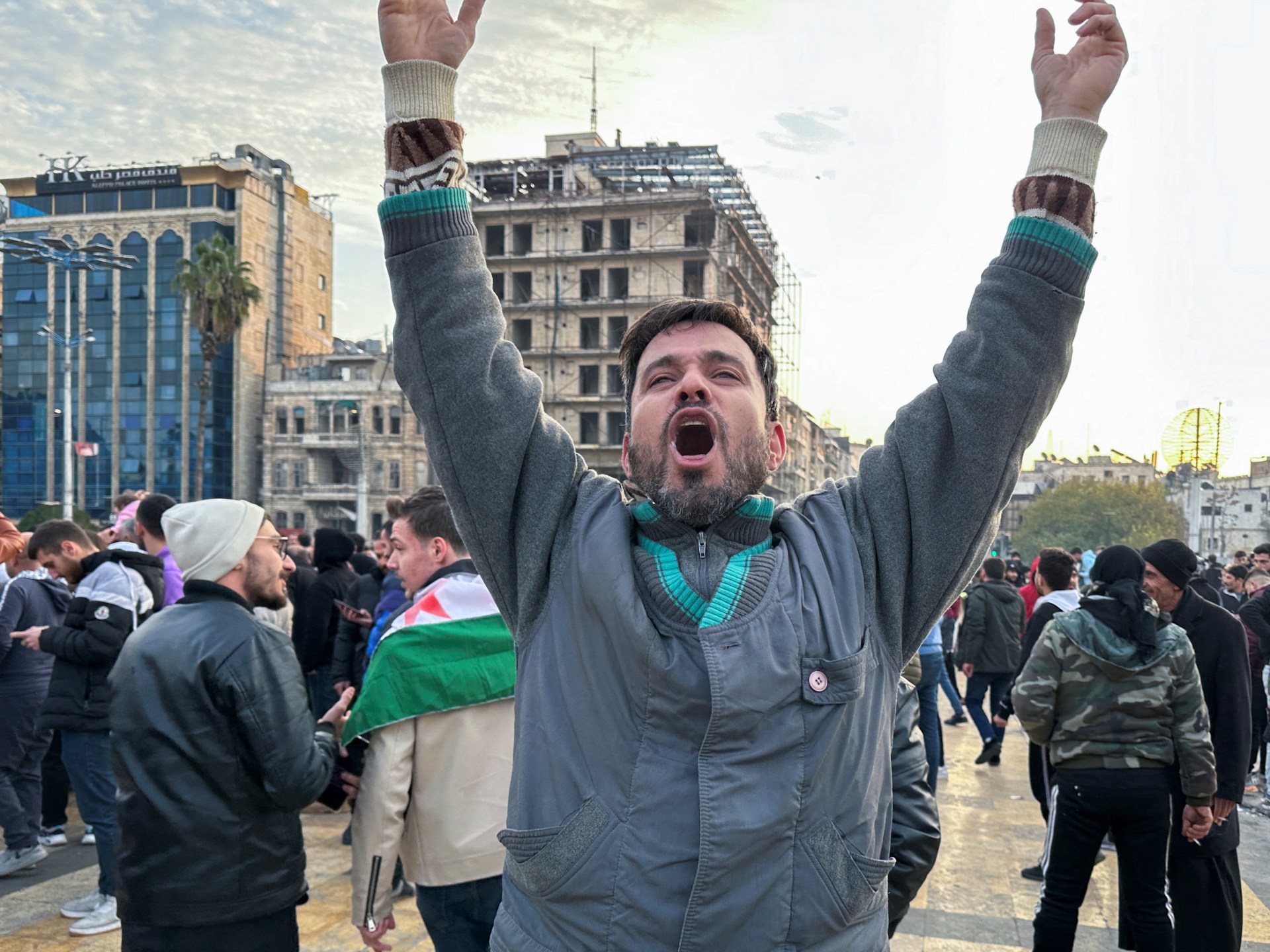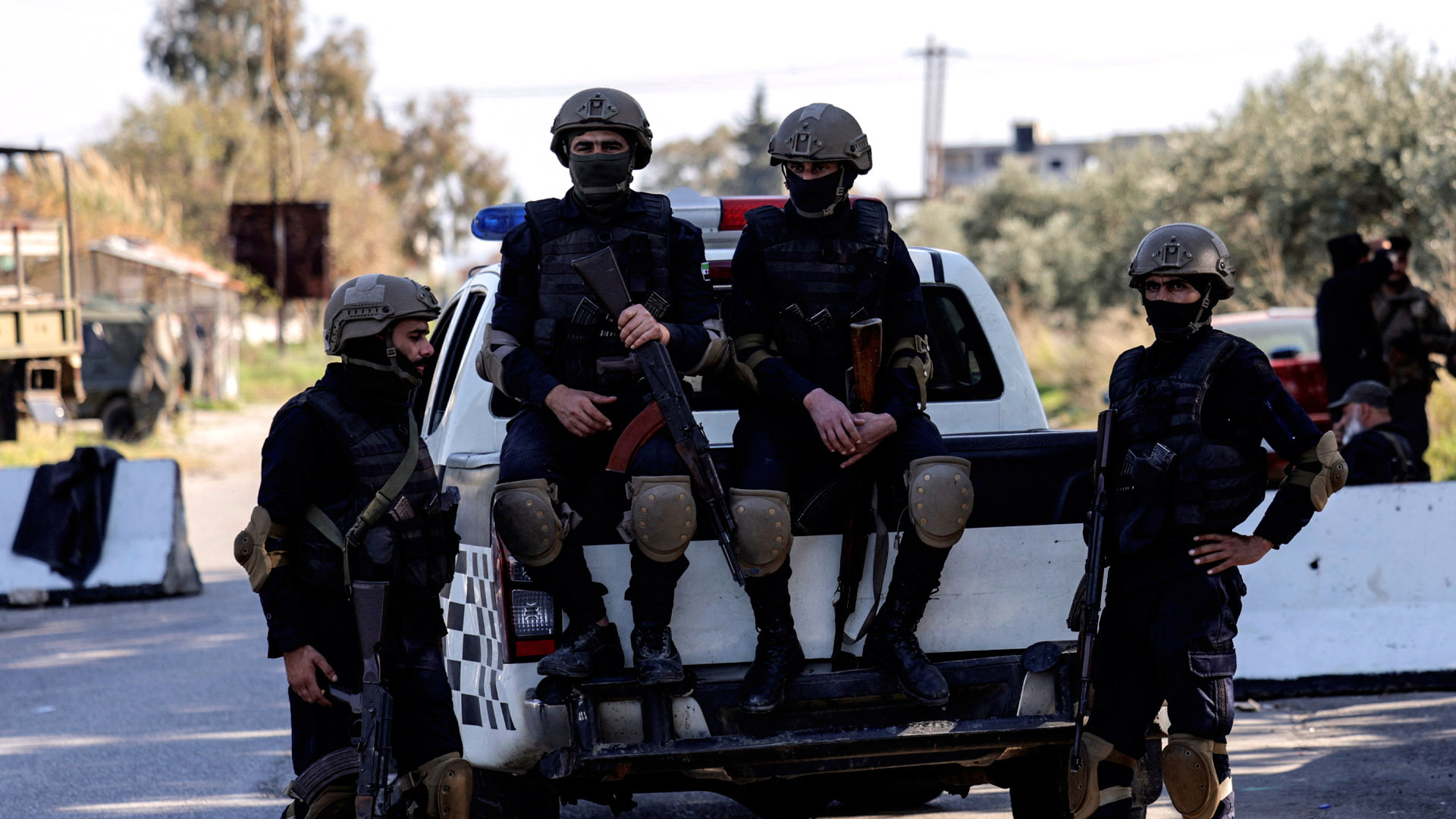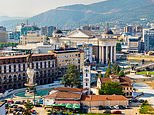
Idlib, Syria – “My name was number 1100,” Hala said, still fearful of being identified by her real name.
Hala is one of the thousands who have been freed from the prisons of ousted Syrian President Bashar al-Assad’s regime, after it spectacularly collapsed amid a rebel offensive in less than two weeks.
She told Al Jazeera that she had been taken from a checkpoint in Hama in 2019, accused of “terrorism” – a charge often thrown at anyone suspected of opposing the government. She was taken to Aleppo, where she has spent the time since in various prisons.
That is until Syrian opposition forces arrived at Aleppo’s Central Prison on November 29, freeing her and countless others.
“We couldn’t believe it was real and we would see the light,” she said of the opening of the prison by rebel forces led by Hayat Tahir al-Sham (HTS) in late November.
“The joy was immense; we ululated and cheered, wishing we could hug and kiss them,” Hala said of her liberators. “The joy was even greater when I reached my family. It was as if I was born again.”
The prison at Aleppo was among a number of facilities opened up by HTS, whose lightning advance from Aleppo to Damascus has stunned many around the world and ousted al-Assad.
Hala was just one of the more than 136,614 people, who, according to the Syrian Network for Human Rights, were incarcerated within Syria’s brutal prison network before the rebel advance.
Syria’s prisons have been a key pillar in supporting the al-Assad regime. Pictures, smuggled out of Syria in 2013, showed what Human Rights Watch said was “irrefutable evidence of widespread torture, starvation, beatings, and disease in Syrian government detention facilities”, in what amounted to a crime against humanity, the rights group said.
Hala recalled the arrest and torture of another girl, a 16-year-old who she says subsequently died. The girl’s arrest came just two months after her marriage, Hala said, when she was seized by police along with a university student, an elderly woman, and two doctors who the police accused of having treated revolutionaries.

Memories ‘can’t be erased’
“It was like the day of my birth, as if it were the first day of my life,” 49-year-old Safi al-Yassin said of his release from prison in Aleppo.
“The happiness is indescribable,” he told Al Jazeera.
Al-Yassin described listening with others to the sound of the fighting drawing close to the prison before November 29, before “calm prevailed, and we heard the sounds of chants”, he said of hearing the victorious rebels.
“There were about 5,000 prisoners,” he recalled. “We started breaking the windows and smashing the doors to get out. Even the officers and guards wore civilian clothes and went out with us, taking advantage of our exit from the prison so as not to be caught by the rebels.”
Al-Yassin was a blacksmith who made fishing boats in Baniyas, a coastal city in Syria’s northwest, before his detention.
Prior to his release, he says he was almost halfway through a 31-year sentence for having taken part in one of the demonstrations sweeping the country at the start of the Syrian revolution in 2011.
Over the next 14 years, he said, he was subjected to “severe physical and years of psychological torture” at various locations within Syria’s extensive prison system.
Moved around between facilities, each dispensing its own brutal brand of interrogation, al-Yassin spent a year in the notorious prison at Saydnaya, a facility characterised by Amnesty International in 2017 as a “human slaughterhouse”, before being moved to Sweida and eventually Aleppo.
Al-Yassin said his treatment in Saydnaya was “indescribable and unwritable”.
“The scenes I saw cannot be erased from my memory even until death,” he said, recalling the mental image of “an elderly man covered in blood, who later passed away”.

‘Approaching death’
Maher – who also did not want to give his full name – was among those freed.
Arrested for “funding terrorism” in 2017, he had spent the last seven years detained without trial within Syria’s prison system. He thought he had been “forgotten” by the authorities “as if I were not human because I was just a number”.
He described the horror of what he experienced and saw in prison.
“Every minute felt like approaching death due to the severity of the torture and its brutal methods, which even an animal could not withstand,” he said.
But perhaps his most shocking moment was when he encountered a relative in the notorious Mezzeh Prison in Damascus.
“A bus arrived and brought prisoners who were transferred to my cell,” Maher said. “Among them was a detainee who resembled my brother-in-law. I hesitated at first and thought to myself, ‘This can’t be Ayman, it can’t be him – his legs weren’t amputated?’”

Maher described approaching the prisoner to confirm the worst of his suspicions, only to discover that the amputee had “lost his mind”.
In the end, it was only through a tattoo that Maher realised this was the man he had known from life outside the prison.
Mezzeh was just one of the facilities where Maher was held. After years of torture, he said that he never expected to leave Aleppo prison.
But then, the unexpected happened.
“[As] the sound of gunfire drew close to the prison, we all started chanting ‘Allahu Akbar’ [God is great], and we could never believe that this dream had become a reality,” he said. “We left the prison after breaking the doors, embraced the revolutionaries, prostrated to God in gratitude, and we were kept safe until I reached the house of my sister, who lives in Idlib with her family.”







